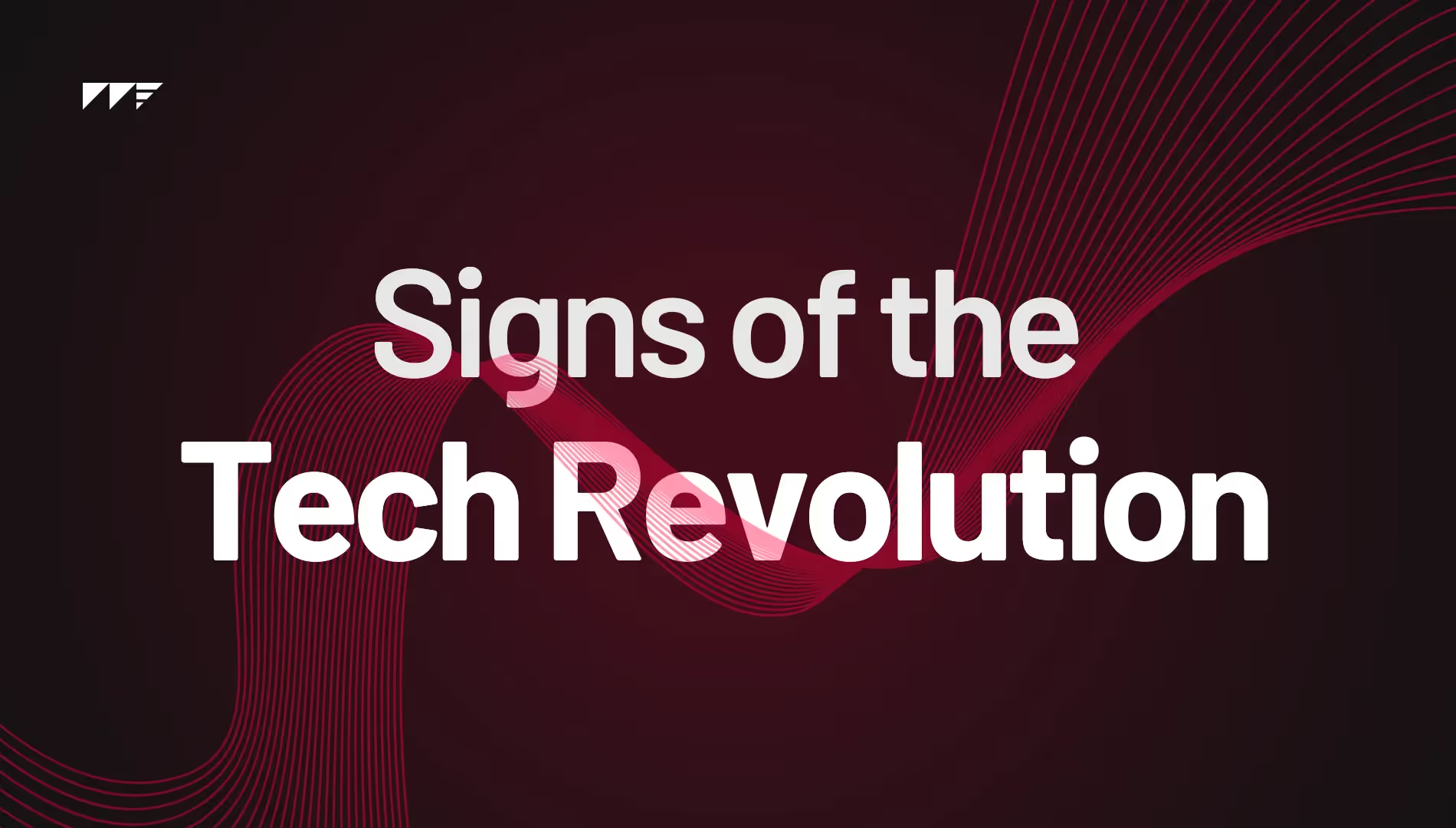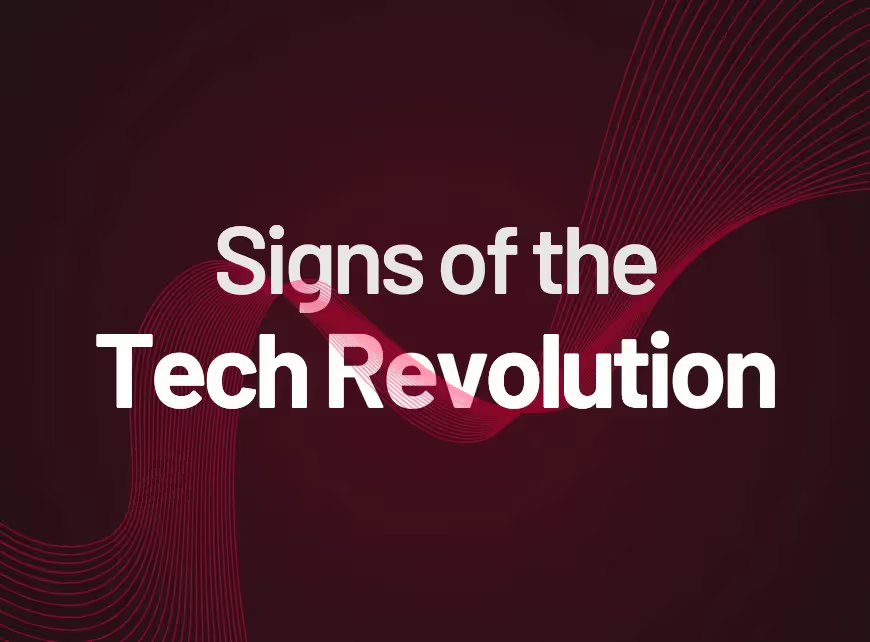Newsletter: Signs of the Tech Revolution #45

Amazon has now deployed over one million robots in its warehouses, rapidly approaching a 1-to-1 ratio with its human workforce. But this isn't just a logistics story.
New AI models are now outdiagnosing experienced doctors on complex cases, and the productivity gains are transforming industries.
But this race toward automation is creating a massive security debt. A new report reveals nearly 4 in 5 businesses are unprepared to secure their AI, with spending on new tools projected to outpace security investment by 2.6 times.
This is the core paradox of the AI revolution: a rush for deployment without the foundational security or talent strategy to support it.
Let’s dive in and explore these topics.
News #1: Inside the AI Talent War
The competition for elite AI talent has escalated into an all-out war, with tech giants like Meta and OpenAI offering staggering multi-million-dollar pay packages to attract and retain top researchers.
Pay packages for senior AI scientists have surged by 50% since 2022, now ranging from $3 million to over $10 million annually. This frenzy, partly fueled by Meta's aggressive push after its Llama 4 model underperformed, has created a massive pay gap. A mid-to-senior AI researcher can now command between $500,000 and $2 million, while a traditional senior software engineer earns a fraction of that.
Top-tier researchers are increasingly motivated by factors beyond salary. They are looking for: research freedom, a compelling mission, and publication rights.
This has created an opening for smaller firms and those outside Silicon Valley. Companies are now looking to Europe, where they can hire three to four engineers for the cost of one in the Bay Area, by competing on culture and mission.
Looks like the talent war will be won not just with deep pockets, but with a powerful vision.
News #2: AI Out-Diagnoses Doctors
In a new study that could signal a profound shift in healthcare, Microsoft has unveiled an AI system that it claims can diagnose complex medical cases with significantly greater accuracy than experienced physicians. The tech giant is positioning this as a major step toward "medical superintelligence," where AI's reasoning capabilities could reshape diagnostics.
Microsoft tested its AI system against 21 experienced doctors using 304 real-world, complex case studies from the New England Journal of Medicine.
- OpenAI's o3 model, integrated into the system, correctly diagnosed up to 85.5% of the patient cases.
- The human doctors, in comparison, had an average success rate of just 20%.
- The AI was also more efficient, ordering fewer tests to reach the correct diagnosis.
Microsoft's argument is that while human doctors are specialists, AI can blend both breadth and depth of expertise to reason through problems that stump even seasoned professionals.
Before leaders rush to conclusions, it's crucial to note the study's significant limitations. The findings have not yet been peer-reviewed. Furthermore, the AI was tested only on highly complex cases, not everyday medical issues.
Most importantly, the doctors in the study worked under controlled conditions—without access to colleagues, textbooks, or other resources they would typically use. Microsoft states this was to ensure a "fair comparison to raw human performance," but it's a critical distinction from real-world clinical practice.
Download Our New Ebook
With “Maxima Consulting’s Expert Guide to Building Global Teams,” you will learn how to leverage the international talent pool of experts, and explore inspirational examples for successful management of a global workforce.
News #3: Most Enterprises Are Unprepared for AI-Driven Threats
As companies race to deploy AI, a new report from Accenture reveals a critical and widening gap: the vast majority of organizations are not prepared to secure it. The survey of nearly 2,300 executives signals a growing "AI security debt," where the push for innovation is dangerously outpacing essential safeguards.
According to the report:
- Nearly 4 in 5 businesses (almost 80%) admit they lack the foundational cybersecurity capabilities needed to safeguard AI models and data pipelines.
- Spending on generative AI initiatives was 1.6 times higher than security budgets from 2023 to 2024. This gap is projected to widen to 2.6 times in 2025.
This "speed over security" approach means that crucial controls are often omitted during initial planning, forcing teams into costly and inefficient retrofitting later on.
This isn't just a technical problem; it's a strategic one, compounded by a severe cybersecurity talent shortage recognized by over 80% of executives. The core issue is that automation, especially AI, can amplify a security problem faster than ever before.
News #4: Amazon Will Soon Have More Robots Than Humans in Its Warehouses
Amazon has reached a critical tipping point in its automation strategy, deploying over one million robots in its warehouses—a number that is rapidly approaching parity with its human workforce.
75% of Amazon's global deliveries are now assisted by robotics, allowing products to move through some facilities 25% faster. This robotic workforce isn't just moving shelves; it's performing a range of tasks from picking and sorting to packaging, all coordinated by increasingly sophisticated AI.
The number of packages Amazon ships per employee has skyrocketed from approximately 175 in 2015 to nearly 3,870 today.
The company is actively slowing hiring, and the average number of employees per facility is at a 16-year low. This signals a clear move toward a leaner, more automated workforce.
But there is another side of the coin.
Amazon has retrained over 700,000 workers for higher-skilled roles, shifting them from repetitive manual labor to managing and overseeing robotic systems. One employee noted her pay increased by 2.5 times after transitioning to a robotics oversight role.
The era of mass human labor performing repetitive tasks is ending. The future will belong to those who can successfully integrate robotics and AI to drive productivity while upskilling their workforce to manage this new technological ecosystem.
Other News
- OpenAI is now doubling down on providing high-end consulting services - Read more
- Tesla says it has delivered its first car autonomously from factory to customer - Read more
- Companies are now building a high-tech arsenal to fight organized shoplifting - Read more
- Google is embracing AI in the classroom with new Gemini tools for educators - Read more
- Workers are comfortable with today's AI but fear the next wave of autonomous agents - Read more
- One of France's largest cities is the latest to ditch Microsoft for open source - Read more
- Oracle and OpenAI are expanding their Stargate deal to build more US data centers - Read more
- In a major shift, Cloudflare will now let websites block or charge AI crawlers - Read more
- CEOs are no longer dodging the question and now predict deep AI job cuts - Read more
The original version of this article is on the Maxima Consulting Blog. If you’d like to subscribe, consider doing it there!
About Maxima Consulting
Maxima Consulting supports businesses in getting the most out of their technology and workforce investments through a strategic approach and continuous optimization. We empower our partners to tap into vast global talent pools and consistently deliver projects on time and within budget.
Trusted by leading finance institutions, logistics providers, innovative engineering companies, and other organizations across many industries, we make the technology drive our partners’ business goals.
Curious to see how Maxima Consulting can help you get the most out of your tech investments?
Meet with one of our consultants to see how we can help.




